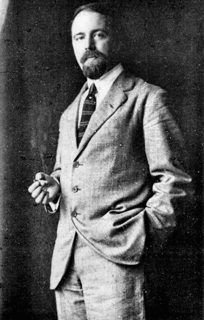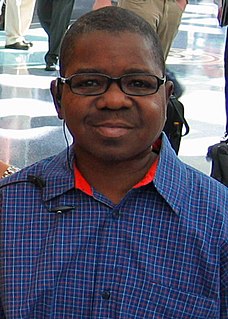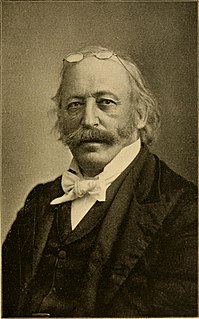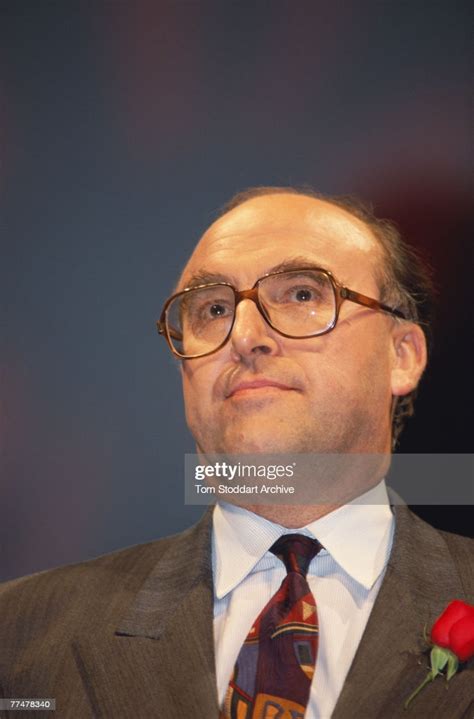A Quote by Pieter Geyl
Related Quotes
History is the art of making an argument about the past by telling a story accountable to evidence. In the writing of history, a story without an argument fades into antiquarianism; an argument without a story risks pedantry. Writing history requires empathy, inquiry, and debate. It requires forswearing condescension, cant, and nostalgia. The past isn’t quaint. Much of it, in fact, is bleak.
They say that 'history is an argument without end.' In Thompson's skillful hands, this momentous argument between two old friends on the most critical issue of the last century is thus history at its best. Thompson's judicious and delicious depiction of Nitze and Kennan will fascinate anyone who cares about the Cold War or the ways that human beings shape the future.
It's actually quite common for presidents to believe that future generations will render a verdict on their presidencies that is more lasting or definitive than the judgments of their contemporaries. The reason is that although history is certainly "an argument without end" - we're still debating many age-old questions - time does help settle others.






































